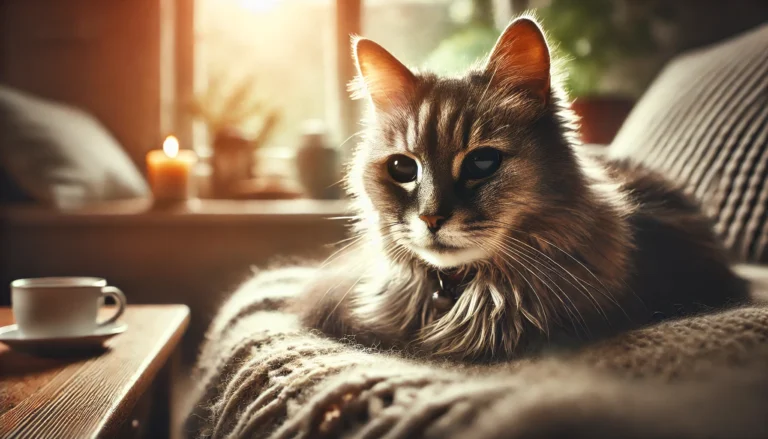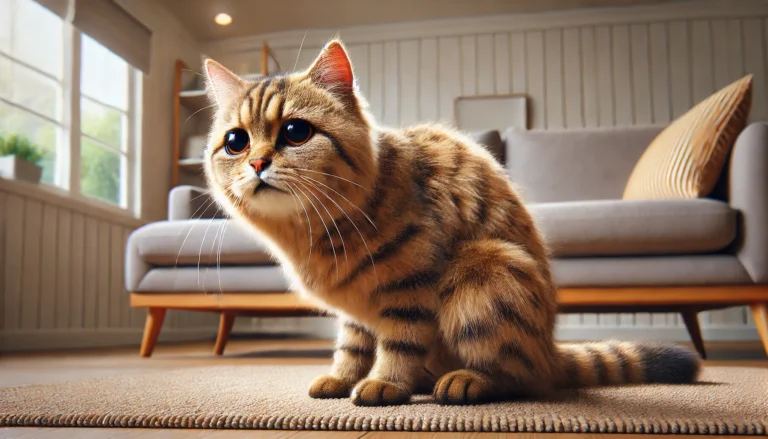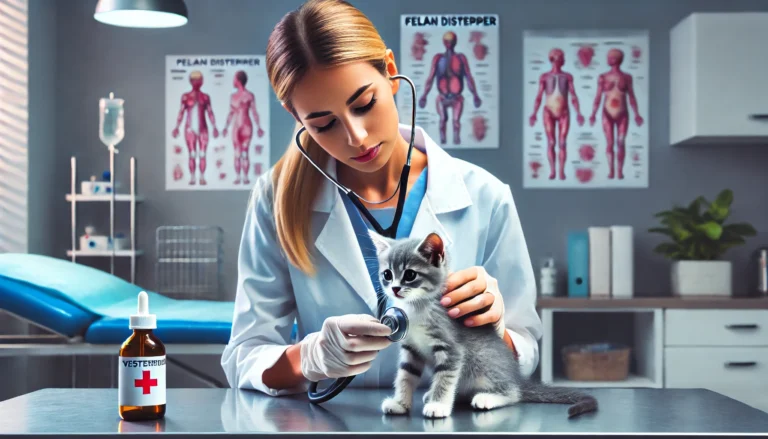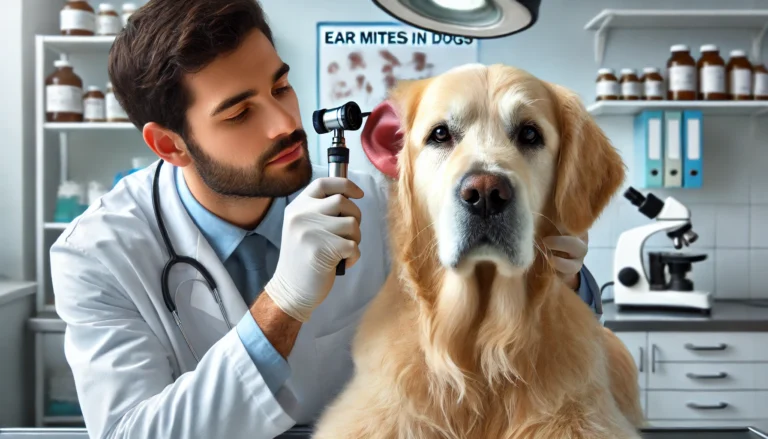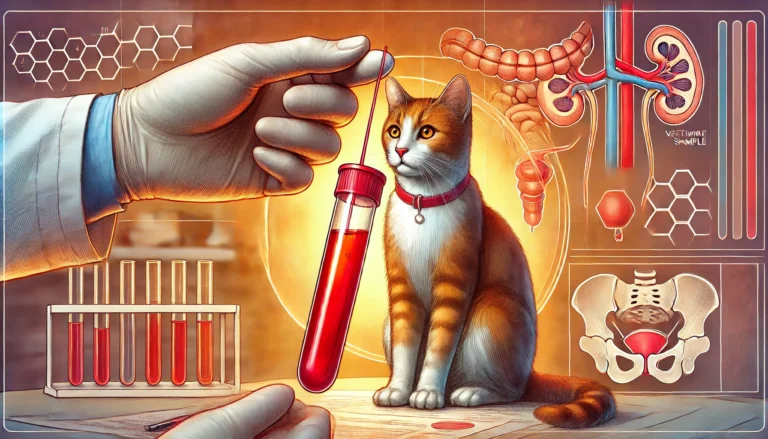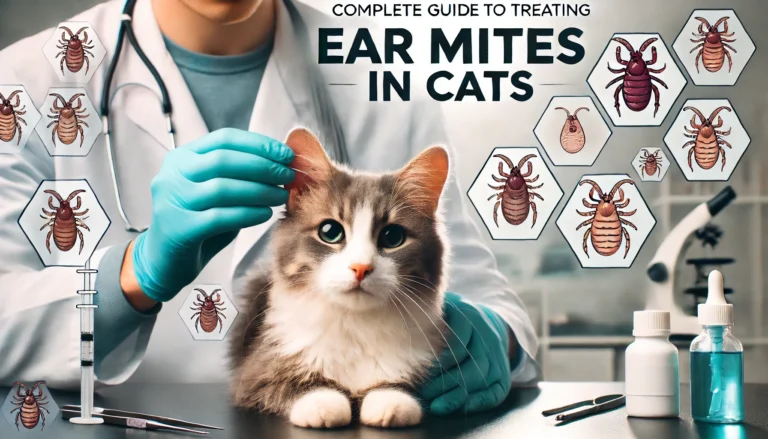Kitten Diarrhea: Causes, Symptoms, Treatments, and Prevention
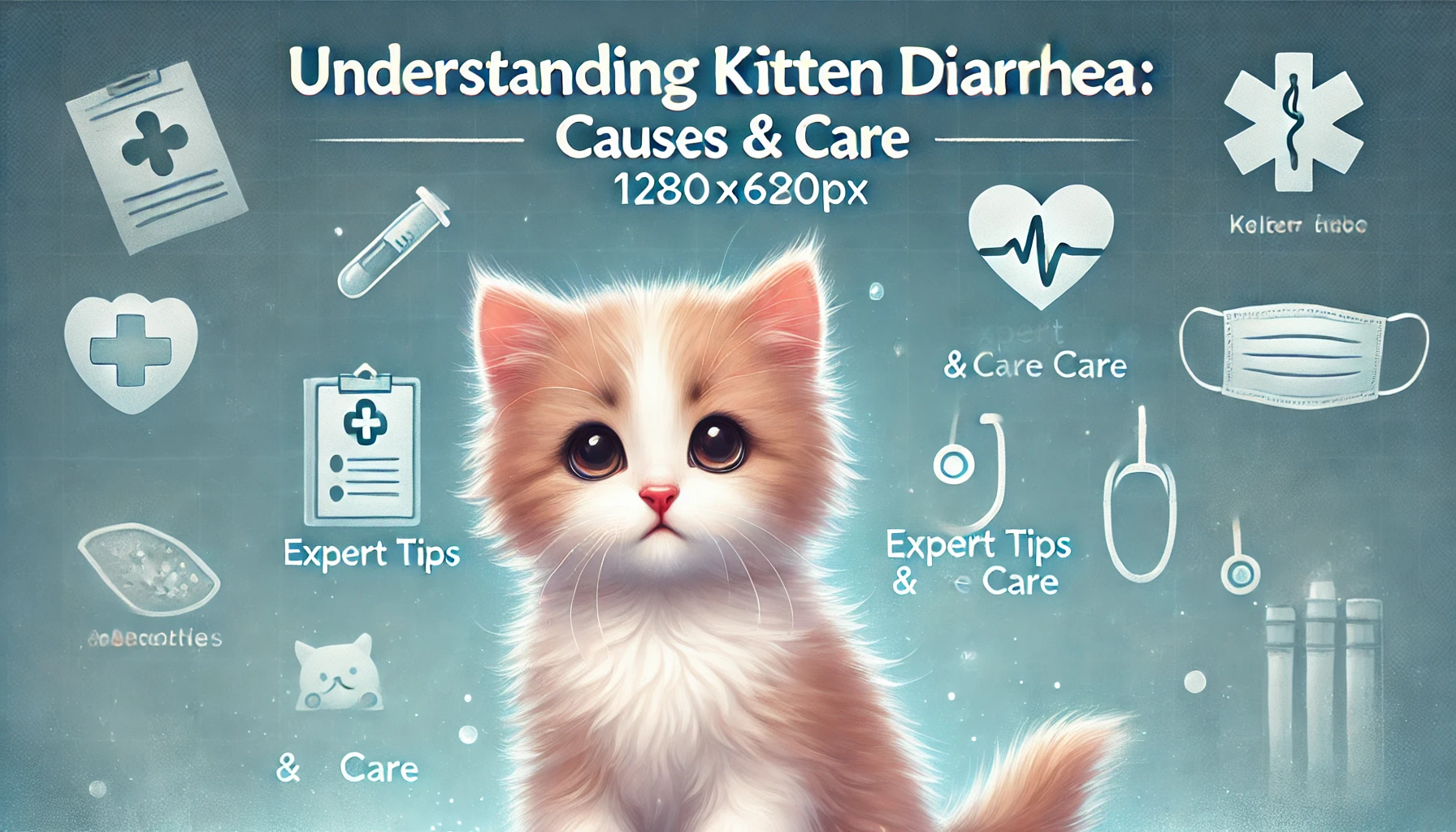
Kittens, cherished for their playful nature and boundless curiosity, occasionally face health challenges, one of the most common being diarrhea. This comprehensive guide explores everything you need to know about kitten diarrhea, from its causes and symptoms to effective treatments and preventive measures. Whether you’re a new kitten owner or seeking to better care for your furry friend, understanding these aspects is crucial for ensuring their health and well-being.
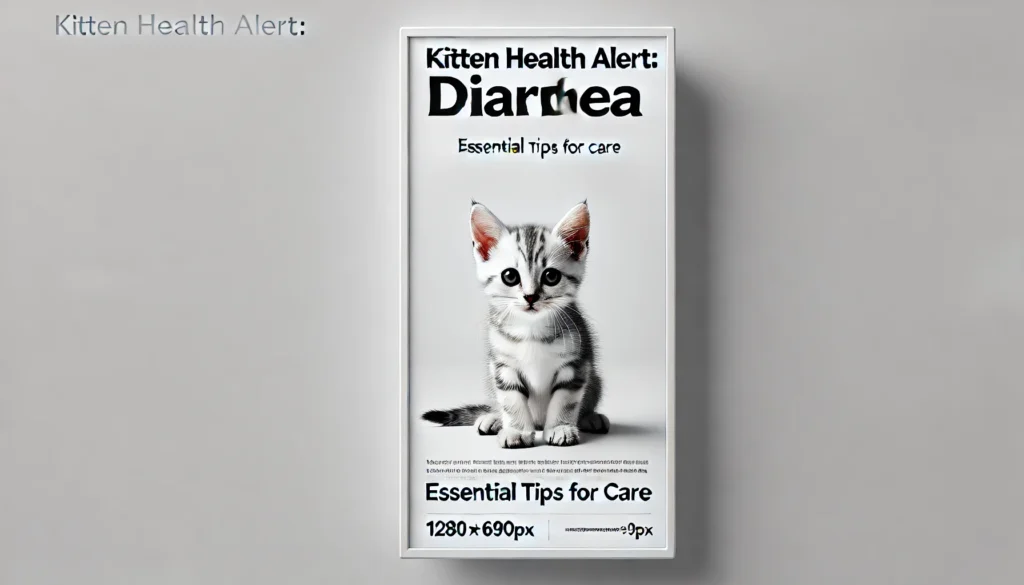
Introduction to Kitten Diarrhea
Kitten diarrhea is characterized by loose, watery stools that occur more frequently than normal. While occasional mild diarrhea may resolve on its own, persistent or severe cases warrant attention and veterinary care.
Causes of Kitten Diarrhea
Kitten diarrhea can be triggered by various factors, including:
- Dietary Issues: Abrupt changes in diet, consumption of unsuitable foods, or intolerance to certain ingredients.
- Infections: Viral infections (e.g., feline panleukopenia, feline coronavirus), bacterial infections (e.g., Salmonella, E. coli), or parasitic infections (e.g., roundworms, giardia).
- Stress and Anxiety: Moving to a new environment, changes in routine, or introduction to new pets or people.
Symptoms of Kitten Diarrhea
Recognizing the signs of kitten diarrhea is essential for prompt intervention:
- Loose, Watery Stools: Often more frequent than usual.
- Dehydration: Indicated by lethargy, dry gums, decreased skin elasticity.
- Vomiting: Sometimes accompanies diarrhea, indicating a more severe condition.
Veterinary Diagnosis and Treatment
When faced with kitten diarrhea, veterinary assessment is crucial:
- Physical Examination: To evaluate overall health and hydration status.
- Fecal Analysis: To identify possible infections or parasites.
- Blood Tests: To check for underlying health conditions.
Treatment Options for Kitten Diarrhea
Effective management of kitten diarrhea involves:
- Fluid Therapy: Rehydration through fluids and electrolytes to combat dehydration.
- Medications: Anti-diarrheal medications (prescribed by a veterinarian), antibiotics (if bacterial infection is diagnosed).
- Nutritional Support: Temporary diet modifications such as a bland diet or prescription food to ease digestive strain.
Home Care and Management Tips
Tips for managing kitten diarrhea at home include:
- Hydration: Ensure access to clean water at all times to prevent dehydration.
- Dietary Adjustments: Follow veterinary recommendations for feeding a bland diet or specialized food.
- Cleanliness: Maintain clean litter boxes and feeding areas to minimize exposure to bacteria and parasites.
Preventive Measures for Kitten Diarrhea
Preventing kitten diarrhea involves:
- Gradual Diet Changes: Introduce new foods gradually over several days to allow for digestive adaptation.
- Vaccinations and Deworming: Adhere to a veterinarian’s schedule for vaccinations and deworming to prevent infections.
- Stress Reduction: Minimize stressors and provide a calm environment, especially during significant changes.
Common Questions and Answers About Kitten Diarrhea
- How Many Times a Day Should a Kitten Poop? Kittens typically poop multiple times a day, with frequency varying based on age, diet, and health.
- Why Is My Kitten Throwing Up and Having Diarrhea? Vomiting and diarrhea together can indicate serious conditions such as infections or dietary indiscretions, requiring immediate veterinary attention.
- Kitten Doesn’t Have Worms but Having Diarrhea? Diarrhea can stem from various causes beyond worms, including infections, dietary issues, or stress.
- Kitten Has Diarrhea but Seems Fine? Some kittens may appear normal despite diarrhea; however, veterinary evaluation is crucial to rule out underlying issues.
- Kitten Diarrhea Remedy: How to Treat Kitten Diarrhea? Treatment involves fluid therapy, medications (if prescribed), and dietary adjustments tailored to the kitten’s specific condition.
do you know
Bengal cats, a hybrid breed created from crossing domestic cats with the Asian leopard cat, possess a mesmerizing wild appearance combined with the temperament of a household pet.
Conclusion
By understanding the causes, symptoms, treatments, and preventive measures for kitten diarrhea, you can provide optimal care for your furry companion. Always consult with a veterinarian for personalized advice and treatment plans, ensuring your kitten grows into a healthy and happy adult c
Why does my cat have diarrhea but is acting fine?
Cats can often mask discomfort; diarrhea may be the only sign of an underlying issue. Consult a vet to rule out problems.
What should I do if my kitten has diarrhea?
Ensure your kitten stays hydrated and consult your vet for appropriate treatments and dietary adjustments.
Why is my kitten’s poop runny and smelly?
This could be due to infections, dietary indiscretions, or intestinal parasites.
Does overfeeding a kitten cause diarrhea?
Yes, overfeeding can disrupt a kitten’s digestion and lead to diarrhea.
Can I give ORS to my kitten?
Yes, oral rehydration solutions can be given to kittens, but consult your vet for the correct dosage and formula.
What stops diarrhea fast naturally?
For kittens, fasting is not recommended; instead, provide a bland diet and ensure hydration. Consult your vet for safe, natural options.
How long does diarrhea last in kittens?
Diarrhea can last from a few days to a week, depending on its cause. If it persists longer, see a vet.
Will cat diarrhea go away on its own?
Mild cases might resolve without treatment, but persistent diarrhea requires veterinary attention to address potential underlying causes.
What are signs of worms in kittens?
Symptoms include visible worms in stool, bloated stomach, diarrhea, vomiting, and weight loss.
What does unhealthy cat poop look like?
Unhealthy cat poop may be overly soft or hard, contain mucus, blood, or worms, and change dramatically in color or consistency.

